12 True Stories That Prove Having a Pet Can Transform Lives

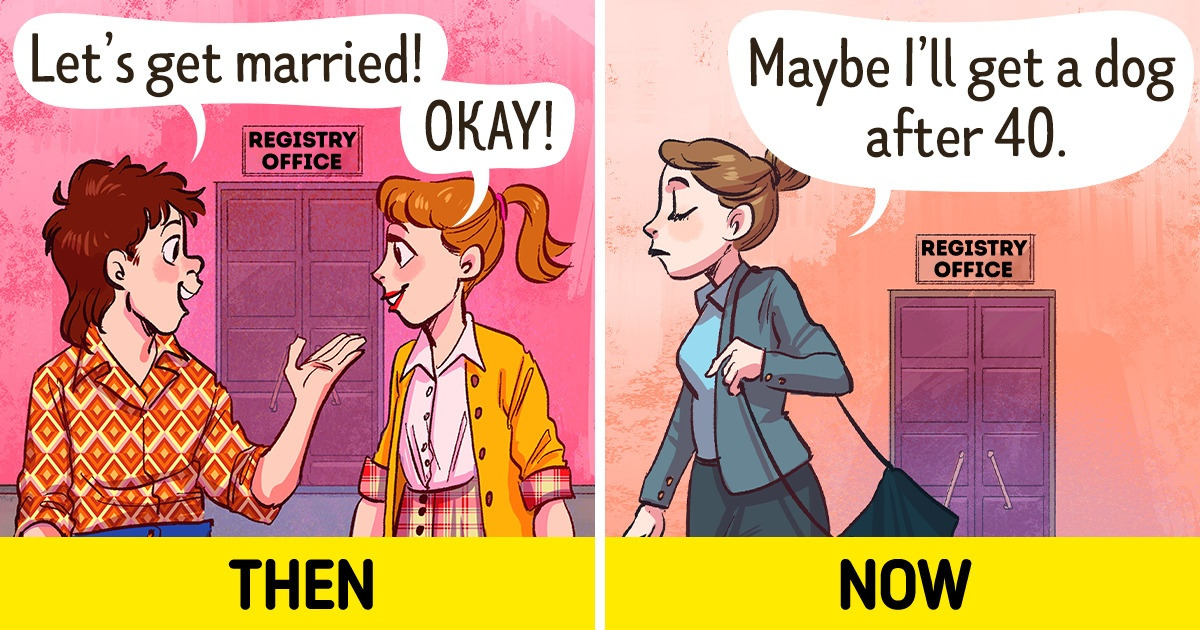
People born between 1981 and 1996 are referred to as the Millennial generation, and they are frequently stereotyped as lazy and uninspired. Every generation has a tendency to look down on the generation that comes after them, so many have identified several millennial traits, both positive and negative, that they believe are typical of Generation Y.
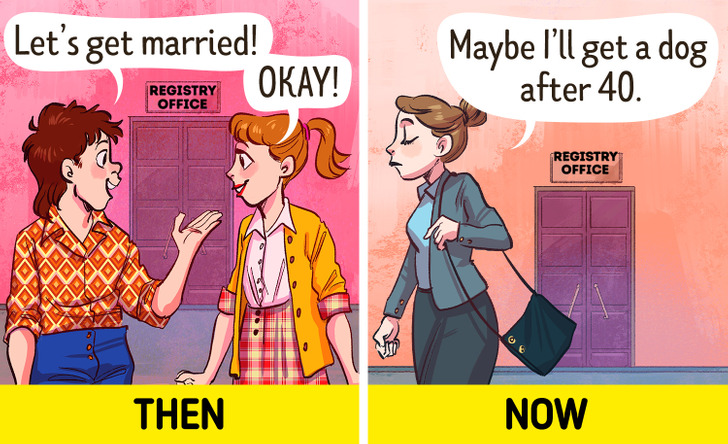
Because they are reluctant about weddings, most of the Millennial generation is not marrying at the same rate as previous generations. Marriage was once primarily a financial agreement; however, long-term partners have increasingly chosen to live under the same roof rather than tie their lives together indefinitely.
In an era when cohabitation is the norm, it is understandable that not all adults see marriage as their ultimate goal. Several factors contribute to the Millennial generation’s rejection of marriage. Some millennials have postponed marriage because of financial insecurity, a desire for autonomy, or simply a desire to finish their education path and establish themselves in their jobs and careers first.
Some types of millennials prefer to save their money first and then think about marriage. Otherwise, they may also wish to travel before settling down, or they may have witnessed divorce in their family or among their relatives, in which case, they may be extremely wary of marriage and its drawbacks.
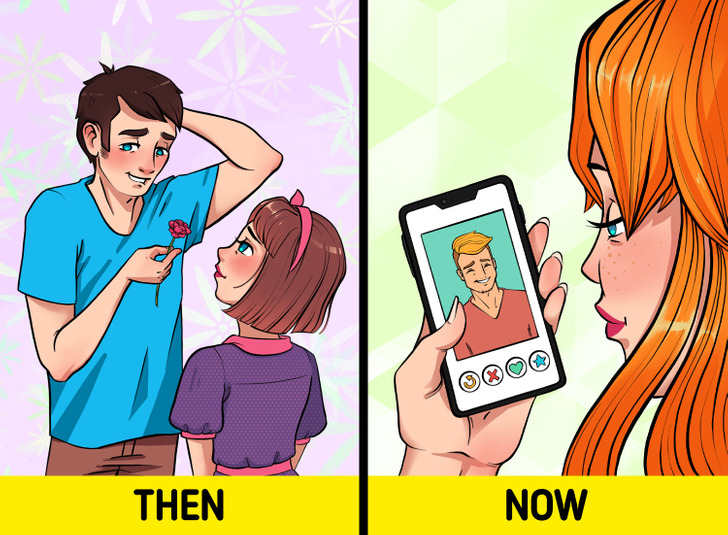
One of the most prevalent millennial characteristics is that they have completely changed how they meet potential partners and prefer to use social media or dating apps rather than in-person interactions. This generation can interact with many people from different countries and communicate primarily through technology.
A common millennial fact is that swiping left and right is regarded as the most popular way to meet new people. Millennials are at ease using online dating sites to find friends, dates, or hookups. Since the Internet has affected everyone’s life, the Millennial generation has begun to rely on dating apps to search for soul mates.
Since they can avoid the awkwardness of first meetings because of the distance created by a phone or laptop screen, online meetings currently appear as the best way to forge connections. Millennials are used to the online settings that suit them the most, and frequently, many have found long-term relationships through dating apps.
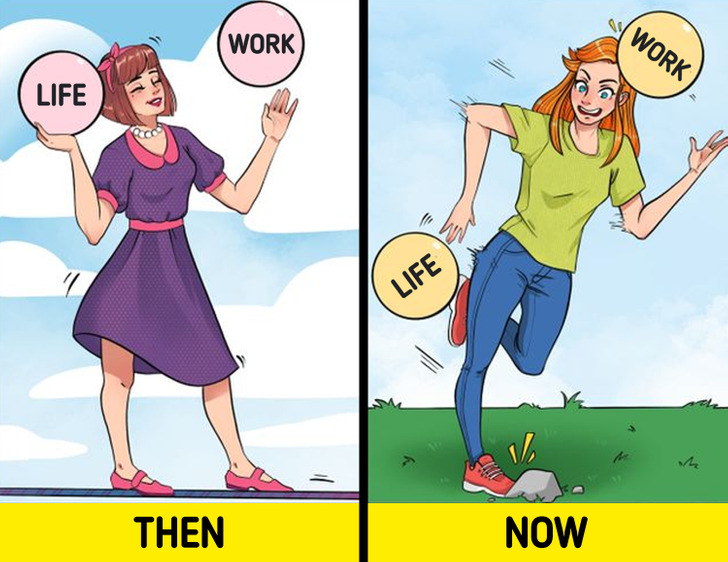
One widely held stereotype about Generation Y is that they lack the financial resources to make home purchases. Millennials, as a generation, are certainly struggling to afford homes, due primarily to rising housing costs and significant student loan debt.
Compared to their parents or grandparents, owning a house is not a primary goal for the Millennial generation, as home prices continue to rise and they don’t have savings. As a result, renting appears to be the new norm.
Nearly half of the Millennial generation is terrified of debt, and not everyone has the means to live modestly and put money aside. Either they earn pitiful wages or they are struggling to make ends meet because of rising costs of living. Thus, many people of the Millennial generation need help from their parents and grandparents to buy a house.

People from the Millennial generation are viewed as lazy employees. In reality, boomers frequently blamed millennials for being unwilling to work hard. This may be partially true, but there is no denying that millennials experience higher levels of stress than earlier generations have.
The benefit of millennials being aware of work-life balance is undeniable, especially with workplace stress on the rise. In reality, millennials are not particularly lazy, but rather, studies show that most of them put in a lot of effort and expect to be compensated for it.
Although some of them are unmotivated, inevitably, millennials are the most powerful generation and the future workforce. As a result, this millennial stereotype falls short. The Millennial generation, unlike previous ones, expects to be compensated for their loyalty rather than mistreated; if they perceive a workplace as toxic, they will stand up and leave.

Many common stereotypes about millennials are based on the fact that members of this generation are severely addicted to their phones. In contrast to the widespread belief that young people spend most of their free time glued to their phones, research shows that older people are more addicted to their devices.
In fact, studies show that millennials spend the most time on their phones, with an average daily usage of around 3.7 hours. Not by chance, they are the first generation to have grown up with technology like the Internet, social media, and mobile phones. Mobile, therefore, plays a crucial role in how the Millennial generation lives.

This millennial stereotype may appear less intriguing, but it is popularly recognized how avocados became trendy because of their wide consumption by the Millennial generation. This myth appears to have originated from an Australian millionaire who asserted, “When I was trying to buy my first home, I wasn’t trying to buy smashed avocado for $19 and 4 coffees at $4 each.”
Following the virality of this interview’s line, it arose the sarcastic stereotype that millennials should stop buying avocado toast in order to afford a home. As a result, the popularity of avocado toast skyrocketed in Google Trends search terms, and it began to be widely attributed to millennials.
Avocados are certainly tasty and healthy, and most people appear to enjoy them, but for this stereotype to be true, it means that millennials consume a greater proportion of avocados than other generations do. Therefore, Gen Y has been associated with affluent consumption and branded as a social media phenomenon, making the fruit famous.
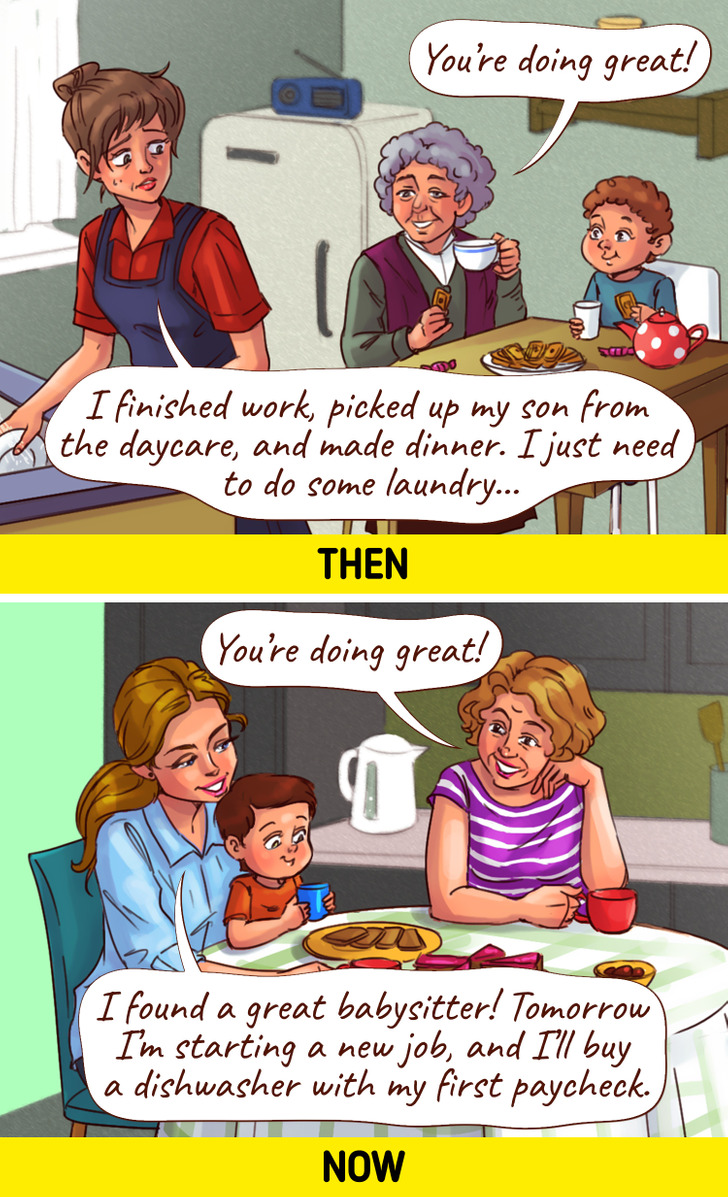
Another millennial trait that has become popular among other generations is that they are praise seekers. However, this fact is broadly acknowledged in the workplace because it appears to keep people motivated to work harder and better.
The Millennial generation requires constant feedback and praise at work because job requirements and expectations change frequently, so they require constructive comments to stay on track and adjust their performance accordingly.
However, they are frequently criticized for being narcissistic because of their desire for admiration and validation; as a result, many people view this trait of millennials as negative rather than as something that can inspire others to give their best.
What millennial characteristics do you believe are the truest? Do you know any more stereotypes?











